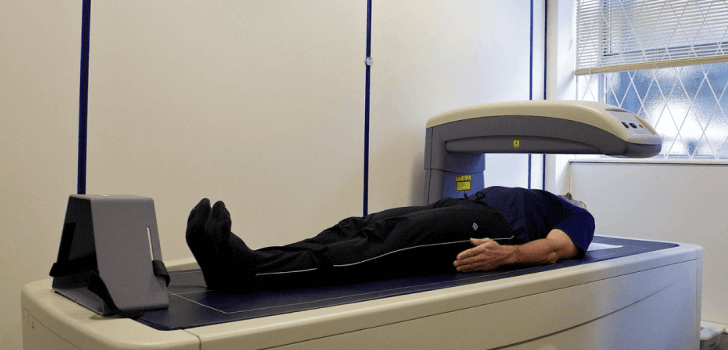Getting x-rayed means being exposed to small amounts of radiation. That is why patients wear lead aprons over the parts of their bodies that are not being x-rayed. It is now believed that a small amount of r-ray radiation can lengthen the lives of mitochondria – the part of human cells that serve as “batteries.”
The research team was led by Professor Zhang Hong at the Chinese Academy of Sciences’ Institute of Modern Physics and their research is published in the journal, Scientific Reports.
Mitochondria are tiny structures in cells that store genetic material. They are considered the cell’s power plants because they convert energy from food into the fuel that powers the cell. Mitochondria are further believed to play a key role in the aging process as well as generative diseases like Alzheimer’s and other diseases such as cancer.
And, like regular batteries, mitochondria eventually run out of “juice” and no longer work. When this happens, parts of DNA stop replicating. As the cell’s mitochondria continue to die, the cell slowly loses its supply of energy and also dies.
Now, back to X-rays. X-ray beams contain particles that can pull apart electrons and even break them free from an atom. Moreover, extensive exposure to X-rays has a negative, destructive effect on how DNA replicates – which then can speed up the rate cells die.
Zhang’s team discovered something new, however.
By “bombarding” mitochondria with a specific amount of radiation, it can actually reverse the aging process.
In theory, the process of attacking the mitochondria could potentially be used to decelerate the aging process. It could also be used to treat Alzheimer’s, as the disease stems from the irreversible breakdown of the brain’s neurons.
Unfortunately, the research shows that if low-strength X-rays are applied to cells from tumors, it might make the tumors grow. In fact, the “wrong” dosage of X-ray radiation may help cancer spread.
As Professor Chen Chang of the National Laboratory of Biomacromolecules in Beijing noted, mitochondria may answer many questions about the life cycle. She observed that, “We now know that X-rays can be a double-edged sword. We must treat it with extra care.”
Stay Connected